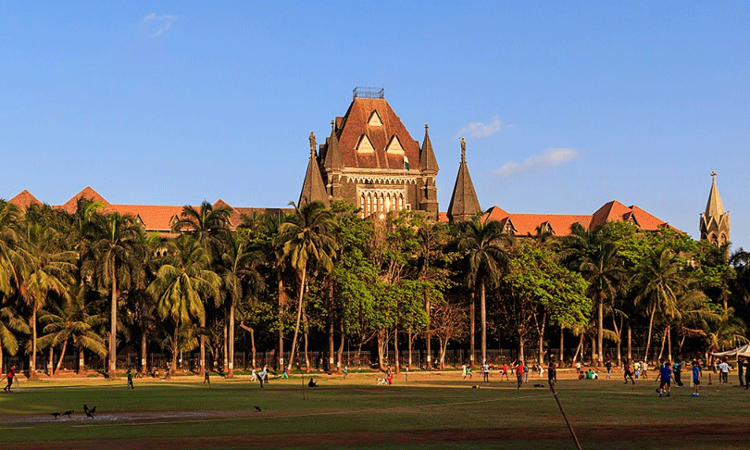Maharashtra DGP Appointment: Can State Asks UPSC To Review Recommendations? Bombay High Court Asks
Sharmeen Hakim
25 Jan 2022 6:40 PM IST

Next Story
25 Jan 2022 6:40 PM IST
The Bombay High Court on Tuesday sought to know the State's course of action if it felt a genuine officer was erroneously left out by the Union Public Service Commission's (UPSC) selection committee before sending its recommendations to the State. "Take, for example, a case where an officer has been completely excluded. Does the UPSC then not have the power to...
